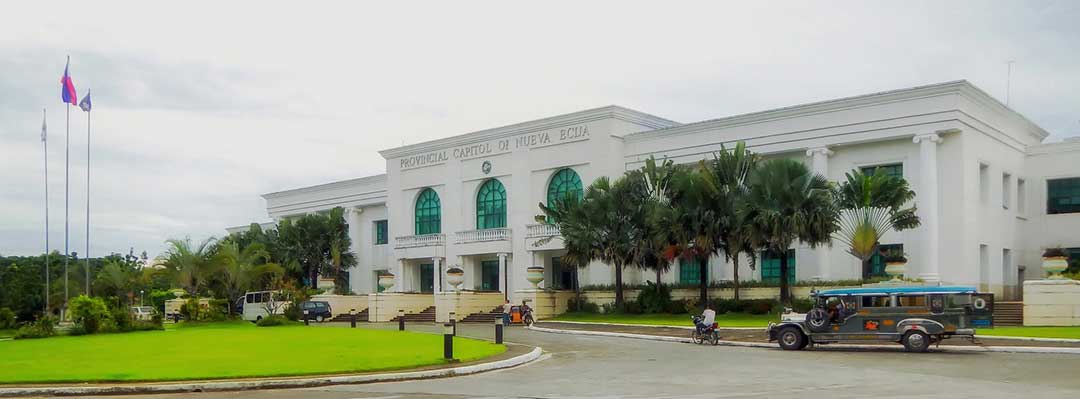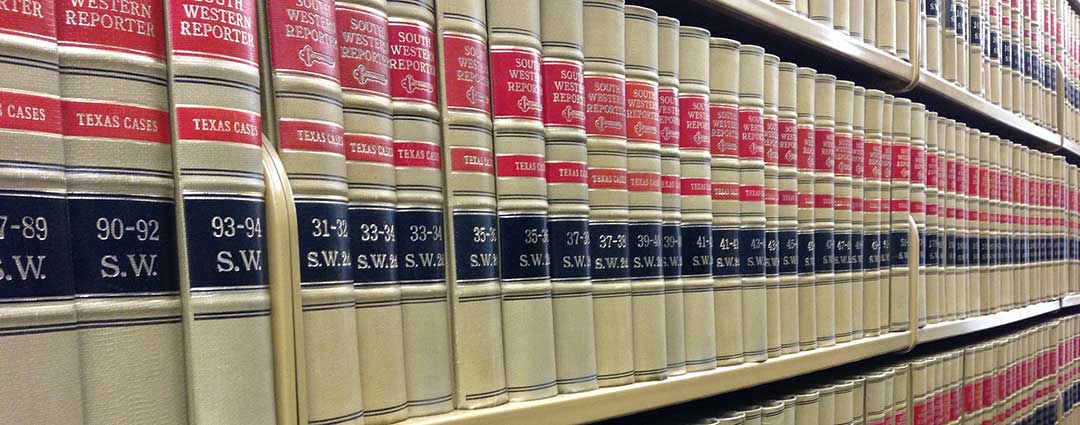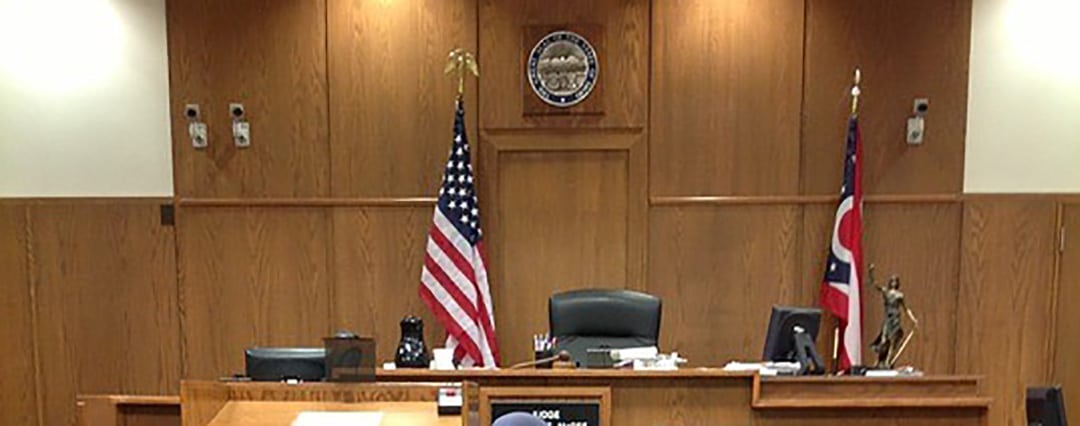Philippine Inheritance and foreign Wills

Some things to think about in a cross country inheritance.
The interplay of Philippine and foreign laws with regard to inheritance deserves more attention.
What follows are introductory considerations for estate or succession cases involving both Philippine and foreign elements.
Contents
- How do people inherit property in the Philippines?
- How is the property divided if there is no will?
- What is a last will and testament?
- What is probate?
- Can a will be the basis for transferring ownership of property before probate?
- How is probate initiated?
- What are the grounds for disallowing a will?
- Can a foreign will be given effect in the Philippines?
- Does a last will and testament executed abroad need to first be proved at the foreign court before it can be given effect in the Philippines?
- Which country’s law will govern the estate of a deceased foreigner?
- Which court will give effect to or enforce the foreign law in the Philippines?
How do people inherit property in the Philippines?
Inheritance is testate if it occurs through a valid will.

An inheritance can be testate, intestate or mixed.
Inheritance is intestate if:
(1) A person dies without a will, or with an invalid will, or one which has subsequently lost its validity;
(2) When the will does not institute an heir to or dispose of all the property of the testator. In this case, legal succession shall take place only with respect to the property not disposed;
(3) If a condition for an heir does not happen or is not fulfilled, or if the heir dies before the testator, or repudiates the inheritance without a substitute stepping into the heir’s place;
(4) When the heir is disqualified from inheriting.[1]
Inheritance is mixed if only part of the property has been disposed of in a will. In this case, the rules of legal or intestate succession shall be applied with regard to those properties not disposed of.
How is the property divided if there is no will?

The law provides guidelines for how property is divided if there is no will.
The shares of these heirs are allotted by default according to the portions set by the Civil Code of the Philippines.
What is a last will and testament?
In the Philippines, a valid will must always be in written form. The will must be either signed and witnessed before a notary or be entirely handwritten and signed by the testator.

A valid will has several conditions.
Testate inheritance is not considered a natural right.[4] Rather, it is a right granted by law. For this reason, the exercise of this right is subject to the conditions set by law.
One of those conditions is that the will must be probated for it to have legal effect.
What is probate?
Before any will can have force or validity, it must be probated in court. To probate a will means to prove to the court that the document offered really is the last will and testament of the testator.

Probate is a court hearing confirming a will is valid.
The presentation of the will for probate is mandatory and is a matter of public policy. It must be proven that the will was executed, attested, and has been published as required by law, and that the testator was of sound and disposing mind.[5]
Can a will be the basis for transferring ownership of property before probate?

Probate is required before any property can be distributed.
No. Until admitted to probate, a will has no effect whatever and no right can be claimed under it. No will shall pass either real or personal property unless it is first proved and allowed in accordance with the Rules of Court.[6]
How is probate initiated?

Include an inventory of property in your petition to the court.
A petition for the allowance of a will must show, so far as known to the petitioner:
a The jurisdictional facts;
b The names, ages, and residences of the heirs, legatees, and devisees of the testator or decedent;
c The probable value and character of the property of the estate;
d The name of the person for whom letters are prayed;
e If the will has not been delivered to the court, the name of the person having custody of it.
The court shall calendar the probate for hearing so that all concerned may appear to contest the allowance of the will. Notice of the time and place of the hearing will be published in a local newspaper for three (3) weeks prior to the hearing date.

You’ll need to publish the hearing’s time and date 3 weeks before.
(But no newspaper publication need be made where the petition for probate has been filed by the testator himself while still alive.)
The court shall also cause copies of the notice of the hearing to be sent to the designated or other known heirs, legatees, and devisees of the testator resident in the Philippines at least twenty (20) days before the hearing. Personal service of copies of the notice at least (10) days before the day of hearing shall be equivalent to mailing.
(But if the testator filed for the probate of his own will, notice shall be sent only to his compulsory heirs.)
What are the grounds for disallowing a will?

A valid signature is required.
The will shall be disallowed:
a If not executed and attested as required by law;
b If the testator was insane, or otherwise mentally incapable to make a will, at the time of its execution;
c If it was executed under duress, or the influence of fear, or threats;
d If it was procured by undue and improper pressure and influence, on the part of the beneficiary, or of some other person for his benefit;
e If the signature of the testator was procured by fraud or trick, and he did not intend that the instrument should be his will at the time of fixing his signature thereto.
Can a foreign will be given effect in the Philippines?
Additionally, a foreign will can be directly submitted for probate in a Philippine court. It does not need to be first probated in the foreign country.
A rule to the contrary would be fraught with impracticality.
Does a last will and testament executed abroad need to first be proved at the foreign court before it can be given effect in the Philippines?

Yes, a foreign will can have effect in the Philippines and it can be submitted directly to a Philippine court for probate.
If the instituted heirs do not have the means to go abroad for the probate of the will, it is as good as depriving them outright of their inheritance, since our law requires that no will shall pass either real or personal property unless the will has been proved and allowed by the proper court.[8]
However, the foreign probate of a will can also be given recognition and effect and in the Philippines.[9] This is called reprobate. In reprobate, the local court acknowledges as binding the findings of the foreign probate court provided its jurisdiction over the matter can be established.[10]
Which country’s law will govern the estate of a deceased foreigner?
The foreign citizen’s national law governs both intestate and testate succession. This is with respect to the order of succession, and also as to the amount of successional rights, as well as the intrinsic validity of the testamentary provisions.

A foreigner’s law will determine how his estate is divided.
This means that who gets to inherit, in what order, and how much, as well as the legality of the provisions of the will, are all referred by the Philippine court to the national law of the foreigner.
Article 16 of the Civil Code provides:

For all items in an estate – even jewelry – the foreign law on inheritance governs.
Article 16. Real property, as well as personal property, is subject to the law of the country where it is situated.
However, intestate and testamentary successions, both with respect to the order of succession and to the amount of successional rights and to the intrinsic validity of testamentary provisions, shall be regulated by the national law of the person whose succession is under consideration, whatever may be the nature of the property and regardless of the country wherein said property may be found.
This provision is reinforced by Article 1039:
Article 1039. Capacity to succeed is governed by the law of the nation of the decedent.
The estate of the foreign decedent or testator will be governed by his national law. For this reason, dissatisfied heirs of a foreign citizen generally cannot assail a will or its provisions for being violative of Philippine law.

A foreigner’s estate will reference his national law.
The Philippine system of legitime (the legitime is that part of the testator’s estate which the law reserves to certain heirs) was not intended by Congress to extend to the succession of foreign nationals.[11]
Which court will give effect to or enforce the foreign law in the Philippines?
This is where it gets tricky. It is still a Philippine court which has to rule on these issues even though foreign laws on inheritance will be referred to.
But a Philippine court cannot be expected to know foreign laws.

It is the Philippine court and not the foreign court that will give effect to a foreigner’s will.
For this reason, the foreign law in question will need to be properly submitted in evidence at the Philippine court case. Otherwise, it cannot be given effect.[12]
Proving a foreign law for purposes of enforcement by a Philippine court can be an arcane process which requires a lawyer to be versed in its particular complications.
Finders International is a company which can help Legal or Compulsory Heirs with inheritance claims for estates and property where the deceased is a foreign national or a Filipino with property abroad.
Our understanding is that the fee is a 10% commission on the inheritance awarded but please check with Finders International as this may have changed.
Lawyers in The Philippines has not used Finders International and including them in this article should not be considered an endorsement or recommendation. Similar companies may also exist to assist people with an inheritance claim in another country to where they live.
References
[1] Article 960 of the Civil Code
[2] Article 961 of the Civil Code
[3] Article 783 of the Civil Code
[4] Nuguid vs. Nuguid, G.R. No. L-23445, June 23, 1966
[5] Heirs of Lasam vs. Umengan, G.R. No. 168156, December 6, 2006 citing Tolentino, III Civil Code of the Philippines, p. 151.
[6] Heirs of Lasam vs. Umengan, G.R. No. 168156, December 6, 2006 citing Article 838 of the Civil Code.
[7] In re: In the matter of the Petition to approve the will of Ruperta Palaganas with prayer for the appointment of special administrator, Manuel Miguel Palaganas and Benjamin Gregorio Palaganas, G.R. No. 169144, January 26, 2011, citing Article 816 of the Civil Code.
[8] In re: In the matter of the Petition to approve the will of Ruperta Palaganas with prayer for the appointment of special administrator, Manuel Miguel Palaganas and Benjamin Gregorio Palaganas, G.R. No. 169144, January 26, 2011, citing Article 816 of the Civil Code.
[9] Rule 77
[10] In re: In the matter of the Petition to approve the will of Ruperta Palaganas with prayer for the appointment of special administrator, Manuel Miguel Palaganas and Benjamin Gregorio Palaganas, G.R. No. 169144, January 26, 2011
[11] Ancheta vs. Guersey-Dalaygon, G.R. No. 139868, June 8, 2006, citing Bellis vs. Bellis, 126 Phil. 726 (1967).
[12] Noveras vs. Noveras, G.R. No. 188289, August 20, 2014, citing EDI-Staffbuilders International, Inc. vs. NLRC, G.R. No. 145587, October 26, 2007






83 Comments